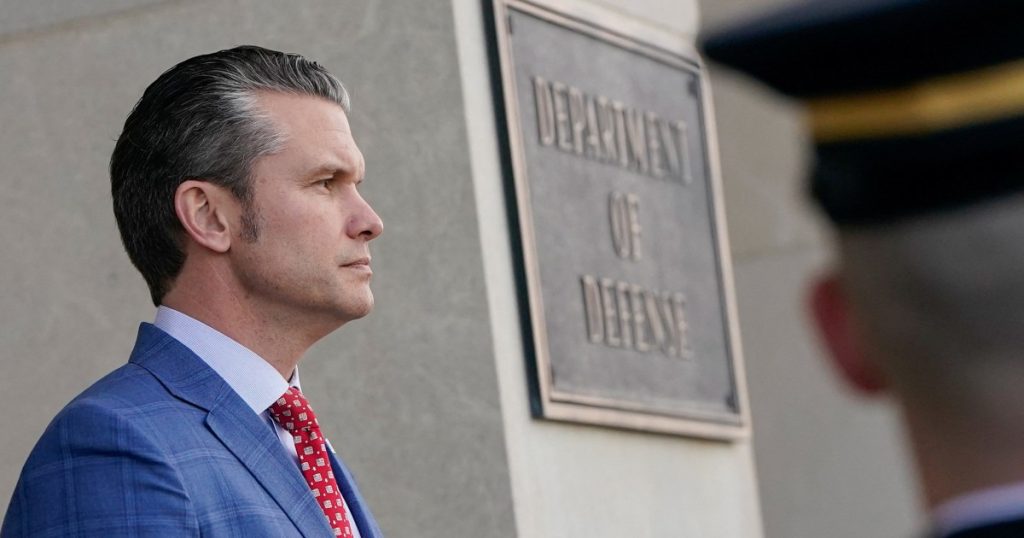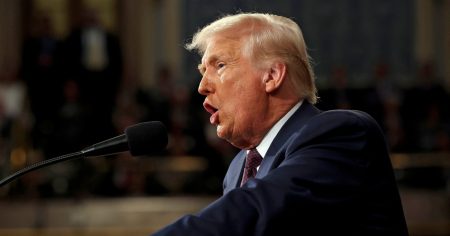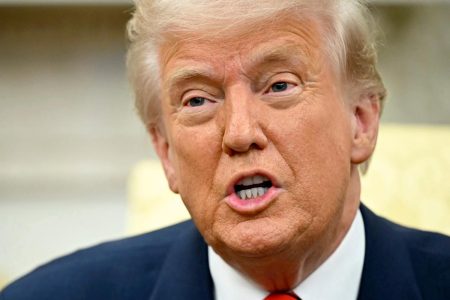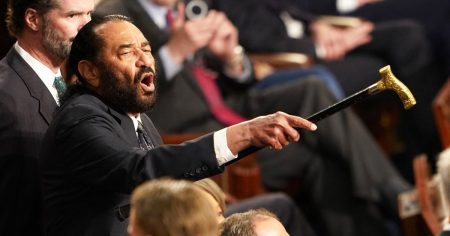The U.S. military has introduced a new policy that prohibits transgender individuals from enlisting and halts medical procedures related to gender transition for current service members. This change, outlined in a memo from Defense Secretary Mark Esper, marks a significant shift in military policy and has sparked widespread debate. The decision affects both potential recruits and existing personnel, raising questions about equality and service.
President Donald Trump’s executive order initiated this change, critiquing transgender troops for being inconsistent with military values. This stance has drawn criticism, highlighting the tension between policy and personal identity. The administration’s move reflects a broader societal debate on gender issues, with the military now at the forefront.
For transgender service members already in the military, the policy pledges dignity and respect, though specifics remain unclear. This ambiguity leaves many uncertain about their future and treatment within the armed forces. Advocates emphasize that transparent guidelines are crucial to ensure fair and respectful conditions for all personnel.
Public opinion on transgender military service shows a decline in support, dropping from 71% in 2019 to 58%, according to a Gallup poll. This shift indicates changing societal attitudes, with increasing polarization around the issue. The debate is further complicated by legal challenges, as courts weigh in on the policy’s constitutionality and impact.
Legal battles are ongoing, with a court recently requesting protection for six service members suing the administration. This judicial intervention underscores the contentious nature of the policy, with courts playing a key role in determining its implementation and implications for affected individuals.
Personal stories, such as that of Miriam Perelson, a transgender service member facing discrimination, illustrate the human impact of the policy. Her experiences highlight the challenges and emotional toll faced by those affected, emphasizing the need for compassionate and equitable treatment in the military.
This policy change reflects a complex interplay of political, legal, and personal factors, with far-reaching consequences for transgender service members and broader implications for societal inclusion.









